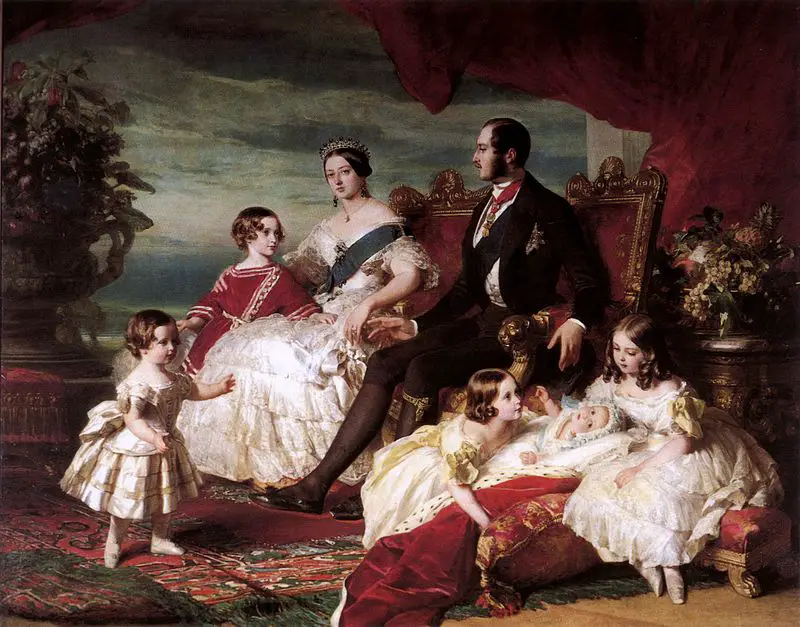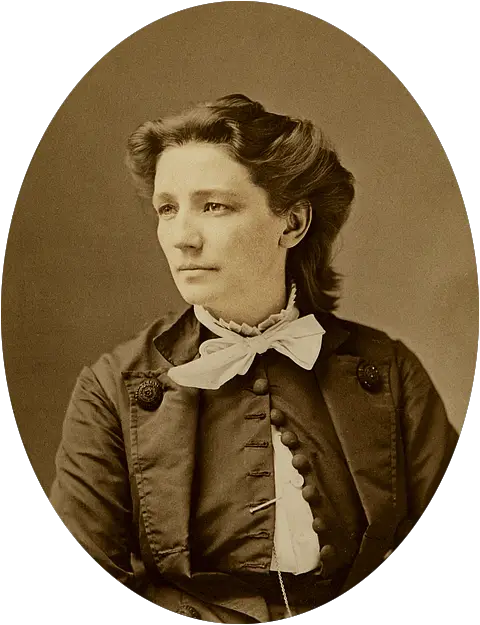Victorian Thought and Morals
Victorian Thought and Morals in America

Morality, Evangelicalism, work ethic, religion, dignity, and restraint — these are just some of the prevailing values during the reign of Queen Victoria in England in the 19th century. The Victorian era became a period where everyone was expected to be prim and proper.
As a former colony of Great Britain, America is still influenced by the prevailing notions of the Victorian era. One of its distinct ideas is that there is a division in how men and women should behave. Politics and work are the domain of men, while home economics and domestic upbringing are for women. The expectation was that this separation is set in stone.
Facts about Victorian Thought and Morals
- Queen Victoria reigned from June 20, 1837, to January 22, 1901.
- Her successor was his son Edward VII of the House of Saxe-Coburg and Gotha.
- Victoria Woodhull ran for President in 1872.

- Slavery was abolished internationally during the Victorian era.
- Keeping with the propriety of the Victorian Era, the Comstock Law was proposed that banned the mailing of lewd items.
But urbanization created several challenges for Victorian values. Men grew tired of working and wanted more leisure, while women became more educated and wanted to be more productive.
During the Victorian era, people were expected not to express their thoughts, especially on their own physicality. An exception was Victoria Woodhull in 1871. She publicly said that a person should have the right to choose who to love. She also questioned why only men could be involved in politics, so she ran for President.
As much as there was an expectation of dignity, there was a massive divide for wealth between the rich and the poor. But still there was in place a Victorian Code of Conduct that brought life to other thought systems such as Evangelicalism, Empiricism, and Utilitarianism.
Evangelicalism believes that change, charity, and social reform can be helpful to society. Devotion to selfless advocacies is also encouraged.
Utilitarianism is a theory by Jeremy Bentham posits that human values and culture are unnecessary. The reason is the one that can solve problems in the world.
Empiricism is a movement that was propagated by John Milton and Charles Dickens. It believes that the development of personal talents, abilities, and values can lead to happiness and success. Education and art are of high importance.
In America, it was a struggle for the wealthy to keep ahead of the middle class. The rich people started living in the suburbs to have large country estates similar to their British counterparts, where orchards and gardens were prevalent.
What century did Queen Victoria reign the British Empire?
It was in the 19th century.
Who was the woman activist who ran for President to object to the monopoly of men in politics?
It was Victoria Woodhull who strongly campaigned for equality for women.
Who espoused the theory of Utilitarianism?
It was Jeremy Bentham who proposed that reason is the most important consideration above all.

What were the three main thought systems that were prevalent during the Victorian Era?
They were Evangelicalism, Utilitarianism, and Empiricism.
Who were among the popular authors that advocated Empiricism?
They were Charles Dickens and John Milton.



